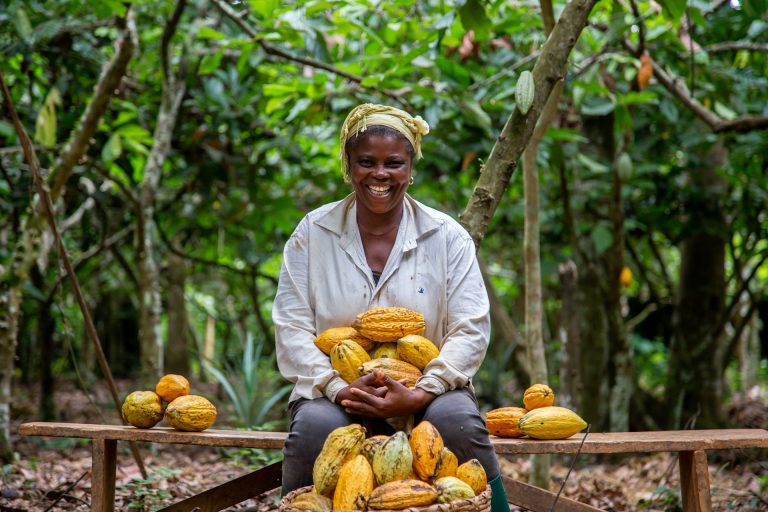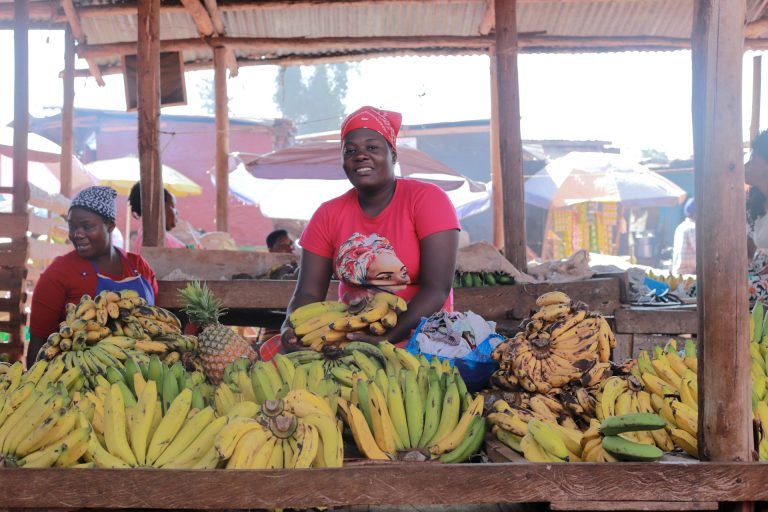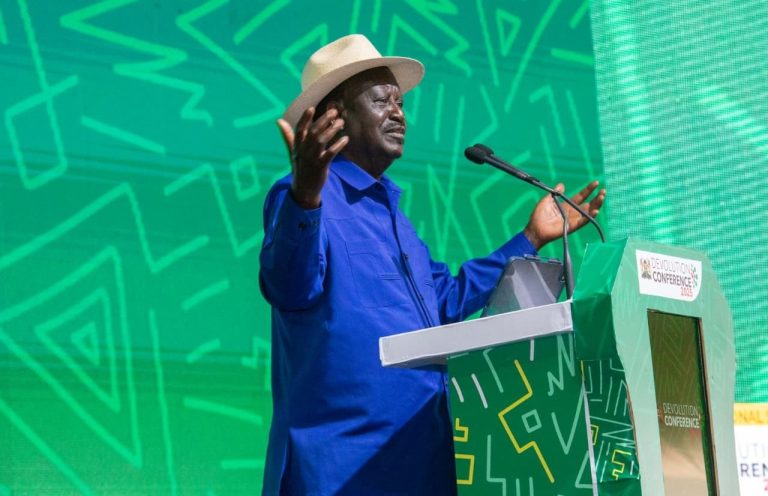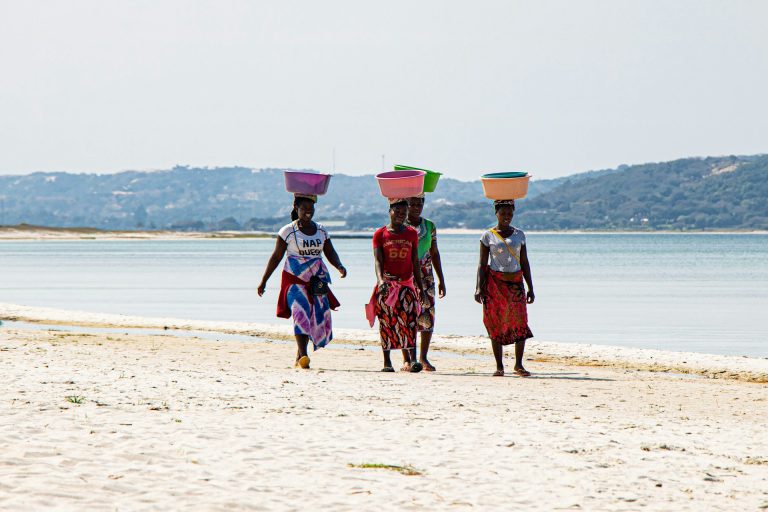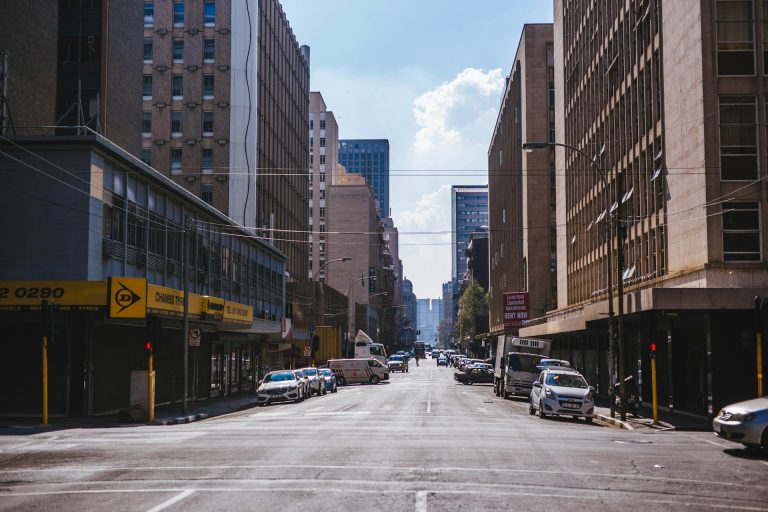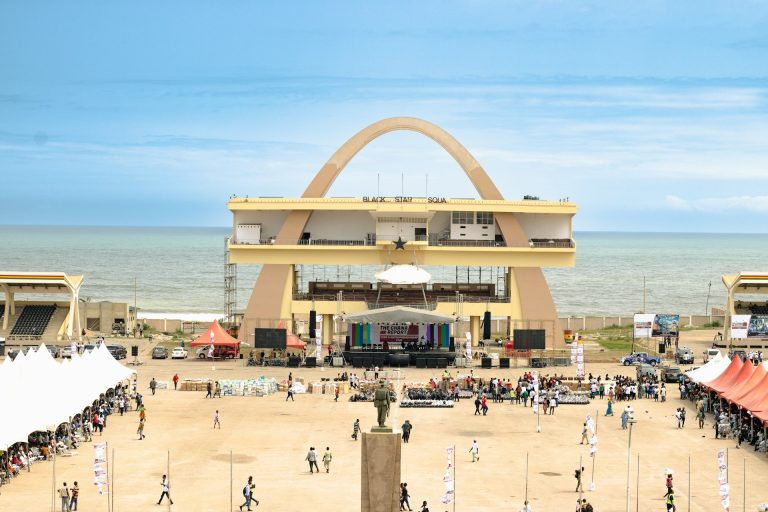- Ghana Gold Board pushes new refinery plan despite unresolved questions
- Analysts warn transparency and governance will determine if initiative creates value or fuels distrust
ACCRA, GHANA – Ghana is once again promising to refine its gold at home. But critics warn unless past questions are answered, the latest push could end up as another political slogan rather than a game-changer.
Policy analyst Alfred Appiah voiced scepticism after the Ghana Gold Board (GoldBod) announced plans to begin refining gold locally from October.
“What do they intend to do with the gold refinery that was launched with so much fanfare and international PR last year?” he asked.
“State resources have already gone into a refinery, but so many questions remain unanswered. We can’t just move on and start talking about building another one.”
That earlier refinery was presented as a partnership between the Precious Minerals Marketing Company (PMMC) and an Indian investor, with the government holding a 20% stake. Appiah says the private partner lacked the balance sheet to sustain such a venture, fuelling doubts about its viability.
A fresh pledge, old doubts
GoldBod Chief Executive Officer Sammy Gyamfi insists the new refinery is about value retention.
Speaking at the 2025 Mining and Minerals Convention in Accra, he said: “Refining gold locally before export will not only enhance revenue but also create jobs. This is a significant milestone in our quest to retain more value from Ghana’s natural resources.”
Between January and August this year, small-scale miners exported 66.7 tonnes worth $6.3 billion, edging out large-scale producers who shipped 65.1 tonnes valued at $5.6 billion. For the Bank of Ghana, local refining ties directly into its gold-for-reserves policy.
The GoldBod already buys 20% of large-scale output for the central bank, adding nearly 100 kilograms of bullion to national reserves. Ghana’s gold holdings have risen from 8.7 tonnes in 2022 to more than 30 tonnes by early 2025, lifting gross reserves to $9.4 billion.
The ambition is not new. Former Vice President Mahamudu Bawumia hailed the opening of Ghana’s “first refinery” in 2024 as a breakthrough, promising that the country would “sell at the appropriate price, retain value within our borders, and create jobs for the youth.”
For his part, Finance Minister Cassiel Ato Forson added that Ghana must “expand beyond royalties and taxes by harnessing the entire value chain of gold.”
Yet Appiah argues that the opacity surrounding the first refinery undermines public trust. “Before GoldBod moves to establish a new refinery, it’s important for the government to first tell Ghanaians exactly what the deal is with that existing refinery,” he said.
Lessons from abroad
Ghana’s refinery gamble reflects wider regional struggles. South Africa’s Rand Refinery has anchored its global credibility for decades, supplying London Bullion Market Association (LBMA)-accredited bars.
Nigeria, by contrast, attempted to set up a refinery in 2020, but weak investor commitment and regulatory inconsistencies saw the plan collapse, leaving the country still reliant on raw exports.
Economist Dr. Akwasi Agyeman Britwum says Ghana must avoid Nigeria’s fate.
“Without transparency and strong governance, domestic refining risks becoming another political slogan. The South African case shows it can work, but Nigeria’s story shows what happens when due diligence is ignored,” he told Allen Dreyfus.
Civil society groups such as IMANI Ghana also caution that refining will mean little if smuggling and illicit financial flows – estimated at hundreds of millions of dollars annually – continue unchecked.
For Ghana, the gold refinery question is no longer about ambition. It is about whether the government can finally match words with credible, accountable action.


